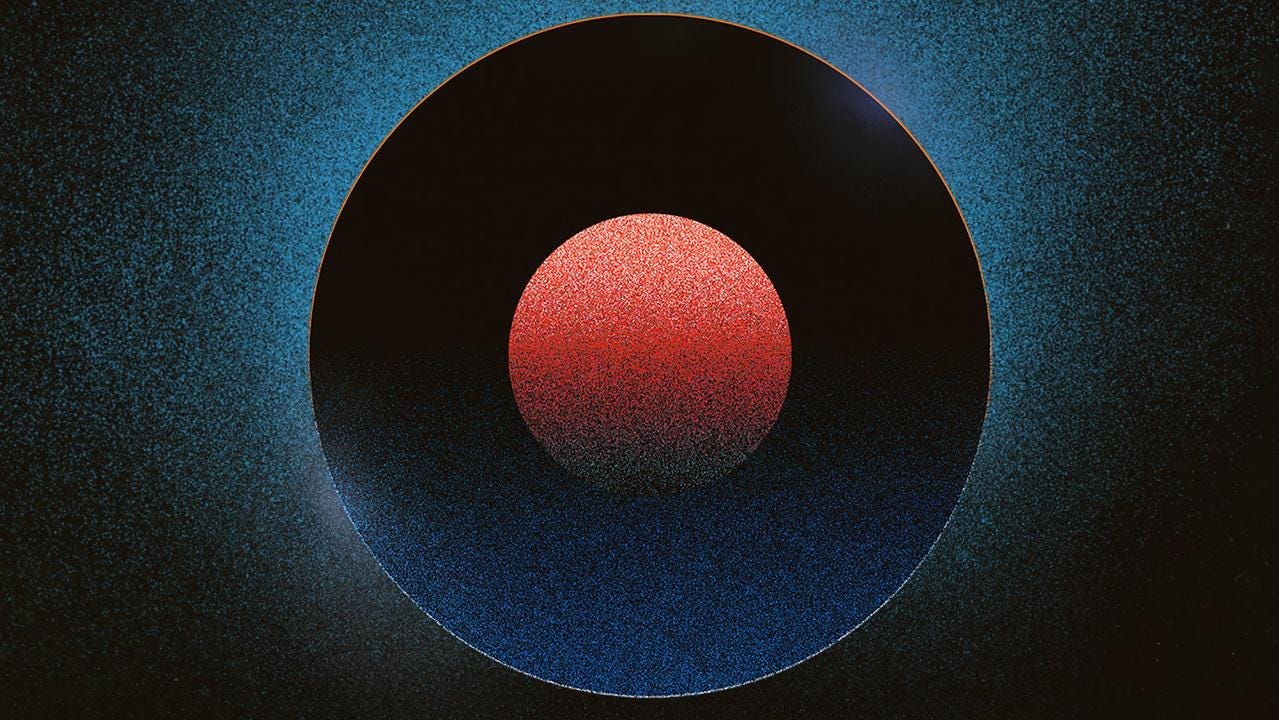Rabbit Holes 🕳️ #57
From self/community-sufficiency as a mindset to the power of subtraction, the insecurity machine, critical ignoring and the problem with 'combatting' climate change
THIS WEEK → 🛠️ Self-Sufficiency As Mindset ➖ The Power of Subtraction 😰 The Insecurity Machine ➕ Critical Ignoring 🚿 ‘Combatting’ Climate Change
Rabbit Holes 🕳️
As always, here are three perspective-shifting ideas to create a better world, plus some fun extras below. Enjoy!
#1 🛠️ Self/Community-Sufficiency As Mindset
It’s interesting to think of a self…





